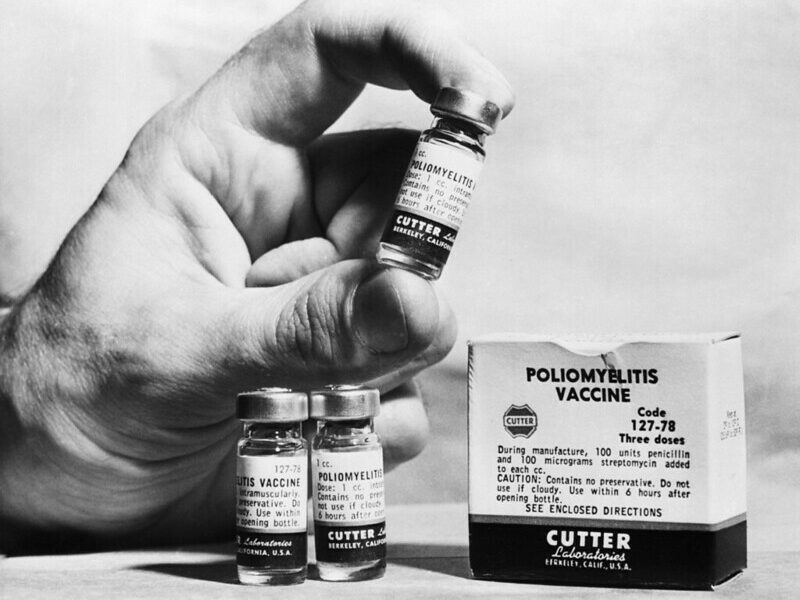The mystery fever affecting Darfur has been identified as yellow fever, according to the WHO.
Yellow fever is an arbovirus (an acronym for arthropod borne diseases) and a member of the flavivirus family, along with West Nile virus, dengue, and Japanese encephalitis.
Transmitted by Aedes and Haemogogus mosquito species, this virus is endemic in 45 countries (32 in west and sub Saharan Africa and 13 in Latin America) which puts about 900 million people at risk.
On Oct. 29, Sudan’s Federal Ministry of Health notified the WHO that Central and South Darfur was in the midst of a yellow fever outbreak. The ministry reports 84 suspected cases and 32 deaths from seven districts: Azoom, Kass, Mershing, Nertiti, Nyala, Wadi Salih and Zalingei.
Yellow fever is difficult to diagnose because of its non-specific symptoms. After an incubation period of three to six days, symptoms, such as fever, shivers, nausea, vomiting and muscle pain, begin to appear. This early stage of yellow fever is often confused with malaria, dengue, viral hepatitis and poisoning, among others. Most people recover after this initial stage.
However, the CDC estimates that 15 percent of cases relapse into a second, more severe stage of yellow fever infection. This stage is characterized by jaundice and bleeding from mouth, eyes, nose or stomach and may last 10 to 14 days. Between 20 and 50 percent of those who develop this severe infection die.
There is no specific treatment for yellow fever, instead, patients are provided supportive treatments that address symptoms such as dehydration and fever.
There is a vaccine, which, according to the WHO, is “the single most important measure for preventing yellow fever.” The vaccine is highly effective and affordable. It provides protection for between 10 (per the CDC) and 30 (per the WHO) years. The vaccine is highly recommended to those traveling in yellow fever endemic countries.
According to BNO News, preparations for a mass vaccination campaign have begun in Sudan. BNO also quotes Tarik Jasarevic, spokesman for the WHO, reminding people to use bed nets, protecting clothing, and insect repellent.
